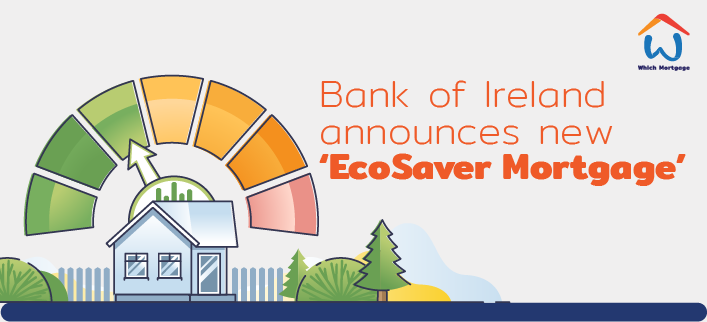Mortgage lending rules in Ireland
It can seem a long time ago now, but the global recession in 2008 had a profound effect on Ireland’s lending system.
With the economy in some serious hot water, many aspects of the country’s financial processes were re-evaluated and changed.
It’s a well-known fact at this point that the mortgage lending rules were part of the reason why Ireland went into recession so badly.
One of the responses to getting Ireland out of recession was the Central Bank introducing new lending rules in early 2015.
These rules defined how much individuals could borrow for a mortgage in relation to earnings. And the rules also defined how much money needed to be saved for a deposit.
While the rules have not always been popular, they have been designed to ensure that lenders lend money responsibly.
If you’re a first-time buyer, it’s important to get familiar with the lending rules for mortgages in Ireland.
The Central Bank’s mortgage lending rules
If you’re in the market for a mortgage, you need to know about loan-to-income limits and loan-to-value ratios.
The Central Bank’s rules state that you can borrow up to a maximum of 3.5 times your annual income, no matter how much you earn.
To illustrate, let’s say that you earn €50,000 per year.
According to the Central Bank rules, that means you can borrow a maximum of €175,000.
If you are purchasing a property as part of a couple, and your partner also earns €50,000 per year, then your joint application will show that you earn €100,000.
That means that you can borrow up to €350,000.
However, lenders have some leeway to make an exemption with lending.
In any calendar year, lenders can offer an exemption to 20% of the mortgages they provide. The exemptions can be above the 3.5 maximum cap on borrowing.
For second-time buyers, lenders are allowed to offer exemptions to 10% of the mortgages they offer.
The mortgage rules set by the Central Bank also relate to loan-to-value ratios.
This rule refers to the percentage of the property value you want to borrow.
In other words, how much must you pay upfront as a deposit? In fact, the loan-to-value ratio is often called “the deposit rule”.
Under this rule, first-time buyers can borrow up to a maximum of 90% of the property price. This means that a 10% deposit is a must to qualify for a mortgage.
For second-time buyers and subsequent buyers, this percentage is increased to 20%.
To illustrate, let’s look at a property that has an asking price of €300,000.
Under the Central Bank rules, if you’re a first-time buyer you’d need a deposit of €30,000 to qualify for borrowing €270,000 as a mortgage.
As a second-time or subsequent buyer, your deposit needs to be 20%. In this scenario, you’d need €60,000 as a deposit to apply for a mortgage of €240,000.
Here again, there are exemptions.
Lenders have the discretion to offer mortgages to 5% of their first-time buyer applicants who may have a deposit that is lower than 10%.
Lenders also have the power to offer mortgages to 20% of their second-time and subsequent buyers who have mortgages that are lower than 20%.
How can you qualify for a mortgage exemption?
It’s important to know that lenders will usually grant you an exemption under only one of the lending rules.
It is highly unlikely that you’d qualify for an exemption under the loan-to-income and loan-to-value ratios rules together. (This is just one of the reasons why we stress to all of our customers that their deposit really is their superpower. Our blog on
saving for a deposit for a mortgage in Ireland will get you started on your savings journey.)
Qualifying for an exemption will also depend on:
- Your credit worthiness
- Your mortgage application (we work closely with our customers to ensure their mortgage application is in the most robust shape possible)
- The lender still having capacity to offer exemptions
As a rule of thumb, lenders often use their available quota of exemptions up by the middle of the year.
Therefore, if you want to apply for an exemption it’s a good idea to have all your paperwork in order and submit your mortgage application in the first half of the year.


.jpg)
